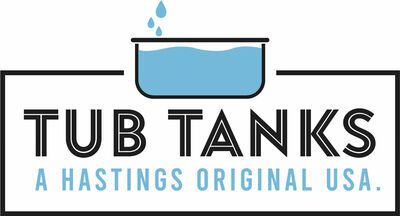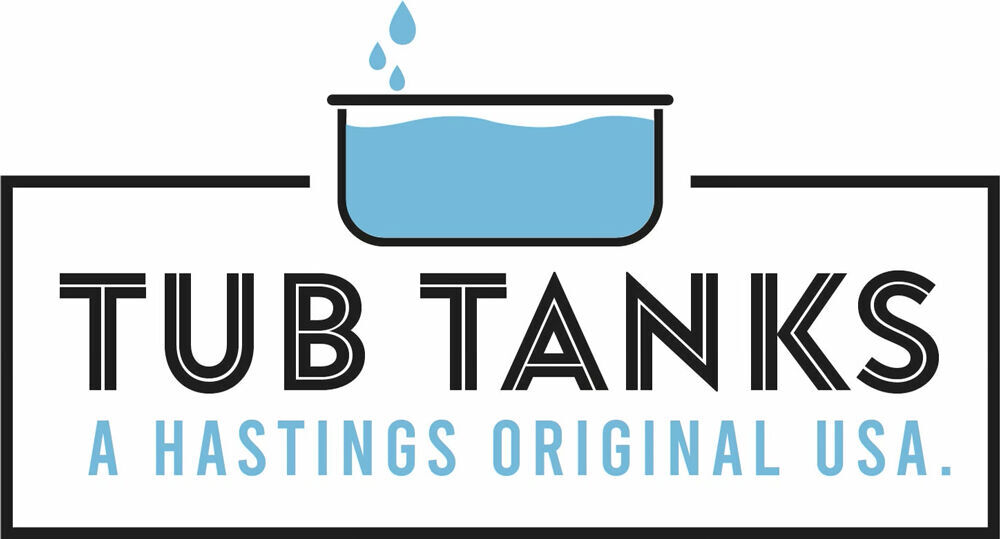
posted 2nd September 2025
It may seem counter-productive to enter cold water to help you sleep but the response triggered by your body can actually ensure a night of deep, restorative rest.
We take a closer look at how this happens:
1. Taking a cold plunge lowers your core body temperature. This is a natural process that happens in the body to signal that it’s time to rest. The shock of an ice bath causes your body temperature to drop and as it works to warm back up, it enters a state of relaxation.
2. The shock of cold water activates your sympathetic nervous system - known as the “fight or flight response”. The response to this when you exit the cold is your parasympathetic nervous system kicks in – the “rest and digest” response. This lowers your heart rate and reduces stress making it easier later in the day to drift off to sleep.
3. Cold water also has an impact on some of the hormones that are related to sleep. It helps to regulate cortisol (the stress hormone) and leads to a boost of the feel good hormone dopamine. This reduces anxiety which in turn leads to better sleep.
4. Some theories also suggest that the ‘sleep hormone’ melatonin is produced during the subsequent warm up after cold water exposure. This hormone signals to your body that it is time for sleep.
How to Incorporate an Ice Bath into Your Routine
Most people prefer to take their ice bath in the morning as it invigorates and sets them up for the day. However, as long as your cold plunge takes place a few hours before you plan to go to sleep then the benefits will be felt. You should allow sufficient time for your body temperature to stabilise.
A common misconception is that the water needs to be ice cold but a short five to ten minute session in water 10-15°C is enough to bring a response to the cold water. Trust us, this temperature is cold enough!
You can further enhance sleep by adding Epsom salts (magnesium) to your ice bath and/or by combining breathing and meditation techniques. The cold water will often force the deep breathing as your body responds.
Please be aware the field of research on cold therapy and sleep is still relatively new but many of our customers say that when taking an ice bath regularly, they not only fall asleep faster but also experience a much deeper sleep.





